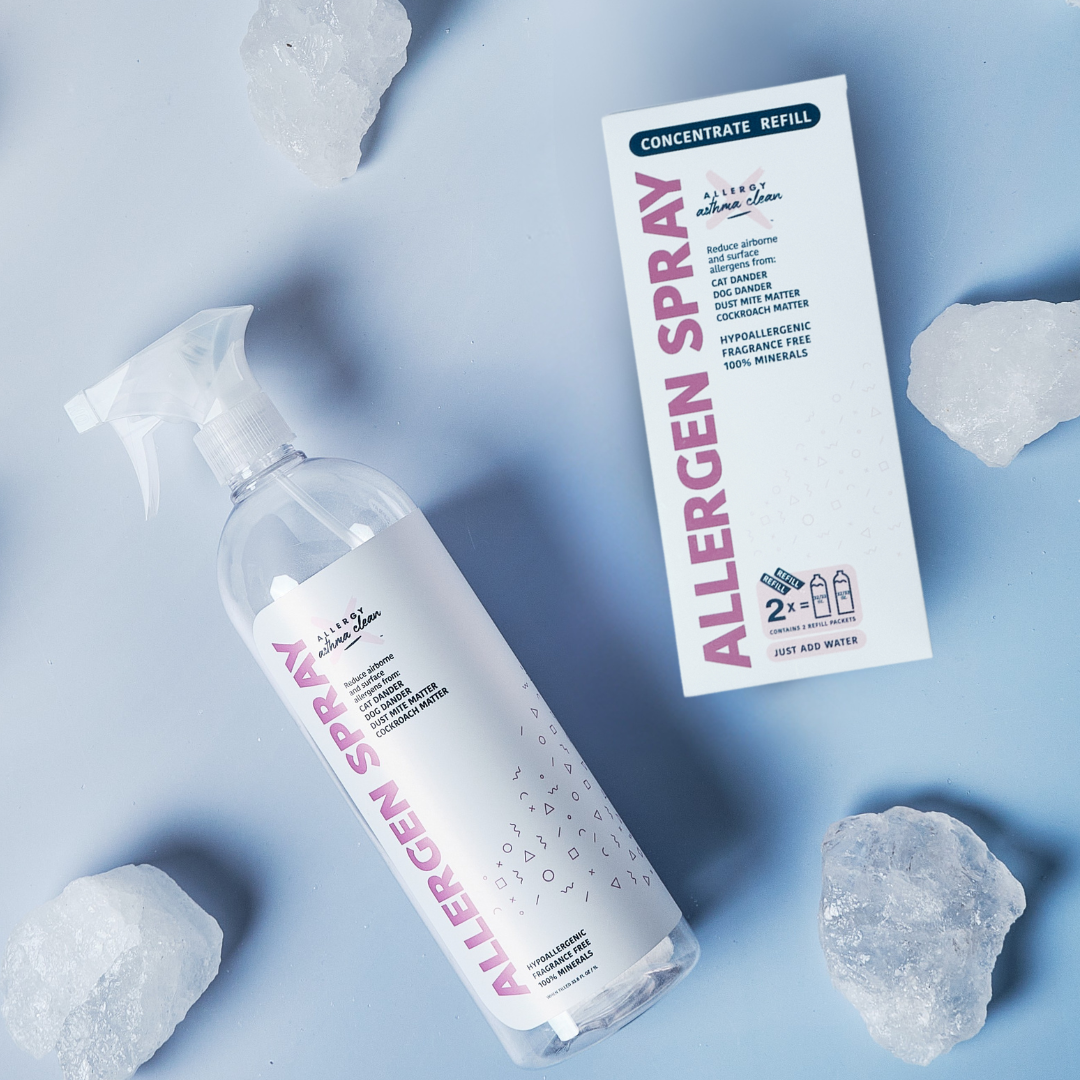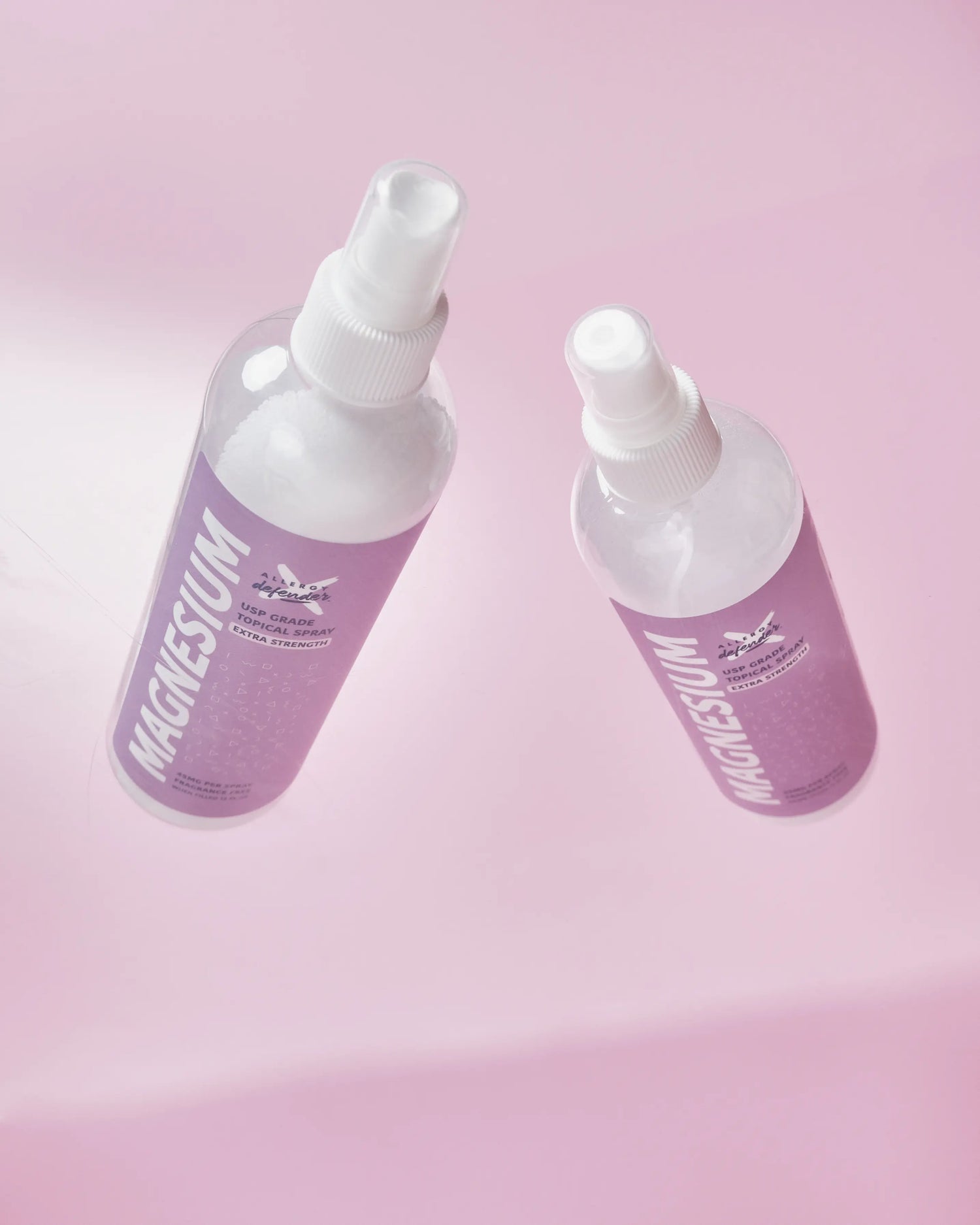Dander Reducing Shampoo for Cats
Dander reducing shampoos promise to minimize cat allergens by using enzymes to break down allergenic proteins in microscopic dead skin cell flakes (dander). Up to 10% of population suffers from pet allergies, with cats being leading culprit. Dander becomes airborne, lingers long periods, and settles on furniture/bedding/clothing, making elimination difficult. However, scientific evidence shows mixed effectiveness—a 1995 study found no significant reduction in Fel d 1 (major cat allergen) levels after bathing with commercial shampoo. Challenges include constant daily dander production making effects temporary, and microscopic nature making complete removal impossible. Some anecdotal reports show limited relief, but lack of consistent scientific backing makes these shampoos unreliable as sole allergy management solution.
Key Takeaways:
- Cat allergies affect 10% of population – triggered by proteins in microscopic dead skin cell flakes (dander), not fur; dander becomes airborne, lingers long periods, settles on surfaces making complete elimination difficult
- Enzyme-based shampoo mechanism – contains biological catalysts targeting allergenic proteins in dander; massage into coat, allow sitting period for enzyme contact, rinse thoroughly to break down allergens
- Scientific evidence shows limited effectiveness – 1995 study "Cat shedding of Fel d I is not reduced by washings" found no significant reduction in major allergen levels after commercial shampoo bathing
- Dander production challenges – microscopic flakes constantly shed daily making any shampoo's effect temporary; impossible to completely remove all allergens with single bath treatment
- Immune system overreaction – sensitive individuals' immune systems mistakenly identify dander proteins as threats, triggering inflammatory responses causing itchy eyes, runny nose, sneezing, breathing difficulties in severe cases
- Not a standalone solution – anecdotal evidence suggests limited relief for some sufferers, but lack of consistent scientific backing means dander reducing shampoos cannot be relied upon as sole allergy management strategy
Ever dreamt of a life free from itchy eyes and constant sniffles around your beloved feline friend? Dander reducing shampoos/sprays have emerged as a potential solution for cat allergy sufferers, promising to cleanse your cat's coat and minimize the allergens that trigger those pesky symptoms. While the idea of enjoying cuddle time without the worry of allergies sounds paw-sitively perfect, the reality of these shampoos might be a little less purr-fect.
Cat allergies are a common hurdle for those who wish to share their lives with feline companions. Up to 10% of the population suffers from pet allergies, with cats being a leading culprit [1]. But what exactly triggers these reactions? The culprit lies in tiny particles called pet dander.
Dander is made up of microscopic flakes of dead skin cells that are shed by all animals, including cats. While seemingly harmless, these flakes contain proteins that act as allergens for sensitive individuals. When a person with cat allergies inhales these allergens or comes into contact with them through skin contact, their immune system goes into overdrive.
This overreaction mistakenly identifies the proteins in cat dander as a threat, triggering a cascade of inflammatory responses. These responses manifest as the classic allergy symptoms we know all too well: itchy eyes, runny nose, sneezing, and even difficulty breathing in severe cases.
Additionally, unlike cat hair which is easily visible and manageable, dander is much trickier. Due to its microscopic size, dander can easily become airborne and linger in the environment for long periods. It can also readily settle on furniture, bedding, and clothing, making it difficult to completely eliminate.
Understanding the role of dander in cat allergies is the first step towards managing these reactions and creating a more harmonious living environment for both you and your furry friend.
For cat lovers battling allergies, dander reducing shampoos offer a glimmer of hope. These shampoos are specially formulated to target the very allergens that trigger sniffles and sneezes. But how exactly do they work, and are they the magic bullet they're advertised to be?
Dander reducing shampoos typically contain enzymes as their key ingredient. Enzymes are biological catalysts that speed up specific chemical reactions. In the case of dander reducing shampoos, the enzymes target the allergenic proteins found in cat dander. By breaking down these proteins, the shampoos aim to render them less potent and therefore less likely to trigger an allergic reaction in humans.
The application process usually involves massaging the shampoo into the cat's coat, allowing it to sit for a brief period, and then rinsing thoroughly. This allows the enzymes time to come into contact with the dander particles and break down the allergens.
However, it's important to understand that dander reducing shampoos are not a one-size-fits-all solution. While the theory behind their action sounds promising, the reality is more nuanced.
The dream of a simple shampoo solution for cat allergies might seem appealing, but the reality is less clear-cut. While dander reducing shampoos may hold some promise, scientific evidence regarding their effectiveness is mixed.
Firstly, the very nature of cat dander presents a challenge. Dander flakes are microscopic and constantly shed by the cat, making it difficult for any shampoo to completely remove all allergens. Furthermore, even a single bath's effect is temporary, as new dander is produced daily.
Secondly, studies haven't provided a definitive answer on the effectiveness of these shampoos. A 1995 study titled ""Cat shedding of Fel d I is not reduced by washings..." investigated the impact of cat washing on Fel d 1, the major allergen in cat dander. The study found no significant reduction in Fel d 1 levels after bathing with a commercially available shampoo.
It's important to note that some anecdotal evidence suggests limited relief for some cat allergy sufferers when using dander reducing shampoos. However, the lack of consistent scientific backing makes it difficult to rely solely on these shampoos for managing allergies.



